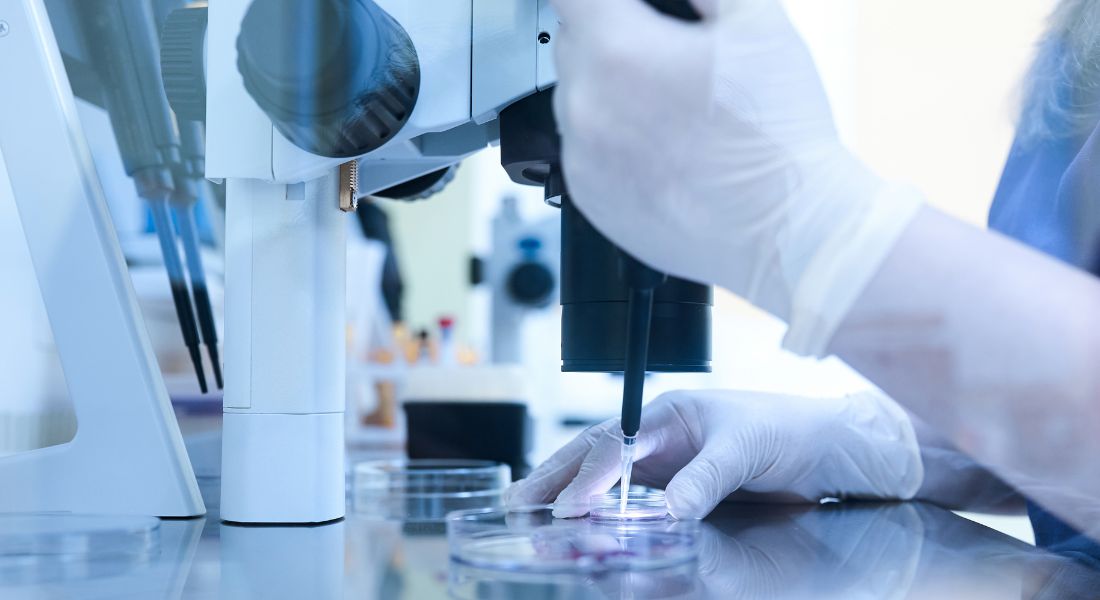Categories
Treatment & Management of Infertility
Nov 25, 2022
The treatment for infertility is largely dependent on the underlying causes that have been identified during the evaluation. However, as noted above, in some cases there are no obvious causes identified - in such cases empirical treatments are often advisable.
Treatment of infertility calls for a holistic approach. Primarily it is important to provide adequate counseling to the couple making them aware of the problem, the causes, the treatment options and the prognosis. Dealing with infertility for any couple is taxing emotionally and at worse could be very frustrating. Treatment of infertility brings expectations – usually very high; and there is eagerness to conceive a child almost immediately. Usually, couples look at a 2-3 month window following which they either give up or switch to alternatives. All of these can be effectively handle by thorough and effective counselling sessions.
Before commencing on fertility treatments, it is important to optimize the couple’s lifestyle habits that can aid their chances of conception:
1.Incorporate a healthy diet and exercise in to the daily routine.
2.Embark on a weight-loss program, if either or both of the partners are obese.
3.Quit smoking and moderate alcohol intake.
4.Control diabetes, hypertension, epilepsy etc.
Once the couple has been put on a healthier lifestyle pattern fertility treatments can be administered based the underlying cause identified. Often – about 20 % of couples – both partners could have some infertility symptoms in which case the treatment is advised to be administered simultaneously.
Majority of the patients conceive with basic fertility treatments, while 10-15% of them need artificial reproductive techniques such as – IVF, IUF, etc.
Age and Infertility
As noted above most of the female infertility problems are rooted in the ovulatory dysfunction caused by hormonal imbalances. The most common problem is the polycystic ovarian syndrome (PCOS). In such cases, the women will require hormonal treatments to aid the growth of the eggs. Insulin sensitizers such as – metformin - are administered to improve the hormonal imbalance. Lack of appropriate response to hormonal medications calls for laparoscopy with ovarian drilling; while in-virto fertilization (IVF) is considered the last option.
Hormonal supplementation is used to treat other hormonal imbalances such as thyroid and prolactin dysfunction. For women with poor ovarian reserve and advanced age – IVF is to be considered for the best prognosis
Those women with tubal blocks surgery is the only option – although very limited. Only mild proximal tubal blocks can be repaired with surgery and IVF could be the best option. Surgery is the treatment option for women with polyps and septate uterus. Those with fibroids also require surgery; with the decision for surgery made based on the size, location and type of fibroids.
The treatment of endometriosis depends on its severity; they can be in the form of medical and surgical treatments followed by definitive fertility treatments such as IVF and IUI.
Treatment for Male Infertility
In men, infertility is most commonly caused by a low sperm count. If there is an underlying treatable cause identified, then treatments are in the form of supplementation of hormones in hormone deficiency, surgical correction of varicocele and ductal block. However, for a majority of men, a definitive cause of low sperm count may not be identified. In such a situation, fertility treatments can be offered in the form of IUI, IVF depending on the severity of the problem.
In men with very poor count or absent sperm count, surgical extraction of sperms (TESA, TESE, and PESA) can be performed. For men with genetic problems and testicular failure - donor sperm - is the best option.
Assisted Conception Techniques
The various assisted conception techniques that are currently available include:
Intra-uterine Insemination: This procedure includes the placement of carefully prepared (washed) semen within the uterus using a small catheter through the cervix (neck of the womb). The technique is used to achieve higher concentration of sperm in the reproductive tract to increase the chance of sperm reaching and fertilizing the egg. This procedure is performed in conjunction with hormonal stimulation of the eggs.
This is a basic fertility treatment is advised to couples with:
1.Borderline sperm count
2.Decreased sperm motility parameters
3.Ejaculatory dysfunction
4.Donor sperm
5.Unexplained Infertilty
6.Ovulation Induction with Gonadotropins
In-vitro fertilization: IVF is the most effective form of assisted reproductive technology and involves the removal of mature oocytes (eggs) from the woman’s ovaries, following a course of hormonal injections and the fertilisation of the eggs by sperm in the laboratory. Once fertilisation has occurred, the resulting embryos are transferred to the woman’s uterus.
This is fertility treatment is advised to couples with:
1. Blocked or damaged fallopian tubes
2. Low sperm count - although severe sperm problems may require ICSI
3. Severe endometriosis
4. Poor ovarian reserve
5. PCOS wherein treatments have failed
6. Unexplained infertility of over 3yrs
7. Several failed ovulation induction and IUI
8. Women over the age of 40
The outcome of IVF can be improved by advanced procedures such as ICSI, assisted hatching and cryporeservation.
Intra Cytoplasmic Sperm Injection (ICSI): This is an assisted reproductive technique where in a single sperm is injected into the cytoplasm of the oocyte with the help of special micro-manipulators. This procedure is an extension of the IVF and not a substitute.
Other infertility treatments: Some of the other infertility treatments include - donor sperm; donor egg; and donor embryo treatments.











